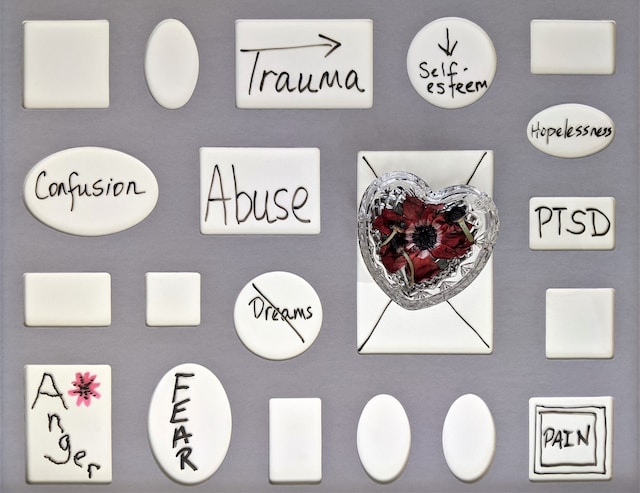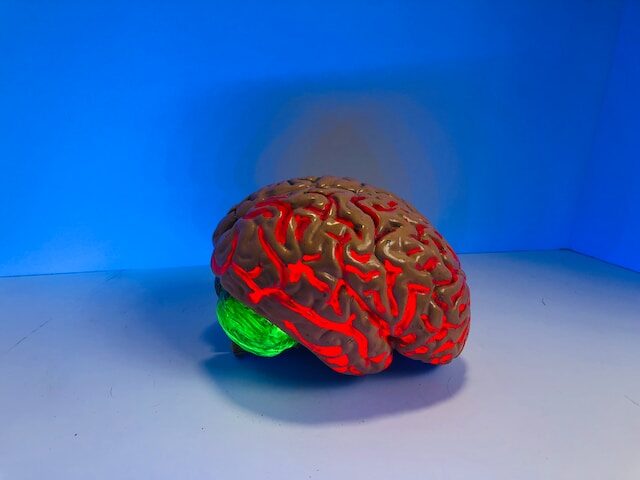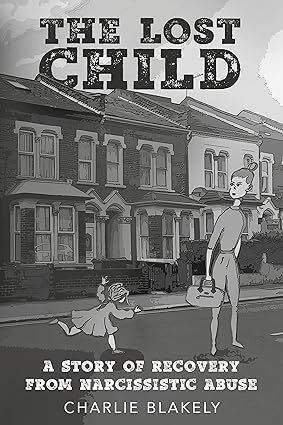Your Comprehensive Guide To Mental Health Treatment Resources
In a world where mental health is gaining increasing recognition and importance, the need for comprehensive mental health treatment resources is more significant than ever. Mental health issues can affect anyone, regardless of age, gender, or background. It’s crucial to address these issues with a holistic approach that encompasses various aspects of treatment, including dual diagnosis treatment, ADHD treatment, anxiety treatment, bipolar disorder treatment, depression treatment, PTSD treatment, and schizophrenia treatment.

Dual Diagnosis Treatment:
Dual-diagnosis treatments are designed for individuals who struggle with both mental health disorders and substance abuse. They recognize the intricate relationship between these issues and aim to provide integrated care. This treatment involves thorough assessments to identify co-occurring conditions and develop a customized plan addressing both mental health and addiction concerns. Therapy, medication management, and support groups play pivotal roles in helping individuals achieve and maintain sobriety while managing their mental health.
ADHD Treatment:
Attention-deficit/hyperactivity disorder (ADHD) is a neurodevelopmental disorder that can affect people of all ages. Treatment for ADHD typically involves a combination of therapy, medication, and behavioral interventions. Therapy, such as cognitive-behavioral therapy (CBT), helps individuals manage their symptoms and develop coping strategies. Medications, such as stimulants or non-stimulants, can help improve focus and impulse control. Behavioral interventions may include creating structured routines and utilizing positive reinforcement techniques.
Anxiety Treatment:
Anxiety disorders encompass a range of conditions, including generalized anxiety disorder, panic disorder, and social anxiety disorder. Treatment for anxiety often includes therapy, primarily CBT and exposure therapy, to help individuals understand and manage their anxious thoughts and behaviors. Medications like antidepressants or anti-anxiety medications may also be prescribed when necessary. Additionally, lifestyle changes such as regular exercise, stress management, and mindfulness techniques can be beneficial in reducing anxiety.
Bipolar Disorder Treatment:
Bipolar disorder is characterized by extreme mood swings, from manic highs to depressive lows. Treatment for bipolar disorder involves mood stabilizers, antipsychotic medications, and psychotherapy. Mood stabilizers help regulate mood swings, while therapy, especially dialectical behavior therapy (DBT) and psychoeducation, helps individuals manage their symptoms and develop strategies for preventing relapses.
Depression Treatment:

Depression is a prevalent mental health condition that affects millions of people worldwide. Treatment for depression typically involves therapy, such as cognitive-behavioral therapy (CBT) or interpersonal therapy (IPT), and medication, such as antidepressants. Lifestyle changes, including regular exercise, a balanced diet, and adequate sleep, can also have a positive impact on managing depression.
PTSD Treatment:
Post-traumatic stress disorder (PTSD) often develops in response to a traumatic event. Effective treatment options for PTSD include trauma-focused therapies like Eye Movement Desensitization and Reprocessing (EMDR) and prolonged exposure therapy. Medications like antidepressants or anti-anxiety drugs may also be prescribed. Support groups and peer support can provide valuable assistance in the healing process.
Schizophrenia Treatment:
Schizophrenia is a complex and severe mental disorder that requires ongoing treatment and support. Treatment for schizophrenia typically includes antipsychotic medications to manage psychotic symptoms. Additionally, psychotherapy, such as cognitive-behavioral therapy for psychosis (CBTp), helps individuals understand their condition and develop coping strategies. Family support and social services are often essential components of schizophrenia treatment.
Mental health treatment resources encompass a wealth of information, services, and support networks that are readily available to individuals seeking help. These resources play a crucial role in breaking down the barriers to mental health care, making it more accessible to those in need. Whether it’s educational materials, crisis hotlines, peer support groups, or online therapy platforms, these resources provide a lifeline for individuals navigating their mental health journeys.
Moreover, the power of knowledge should not be underestimated in the realm of mental health. Access to reputable mental health treatment resources empowers individuals and their loved ones to better understand their conditions, treatment options, and available support networks. It allows them to make informed decisions and actively participate in their healing process.
Additionally, mental health treatment extends beyond clinical settings. They include self-help books, wellness apps, meditation guides, and even art therapy programs, offering diverse avenues for individuals to explore and discover what resonates best with them on their path to recovery.
In this digital age, the internet has become a valuable platform for accessing mental health treatment. Countless websites, forums, and social media communities provide a space for sharing experiences, seeking advice, and finding solace in the knowledge that they are not alone in their struggles.
By incorporating these valuable mental health treatment resources into their journey, individuals can enhance their overall well-being, gain a sense of control, and foster hope for a brighter and healthier future. These resources are not just tools for recovery; they are lifelines that remind us that healing is possible, and no one should face their mental health challenges alone.
Views: 27






